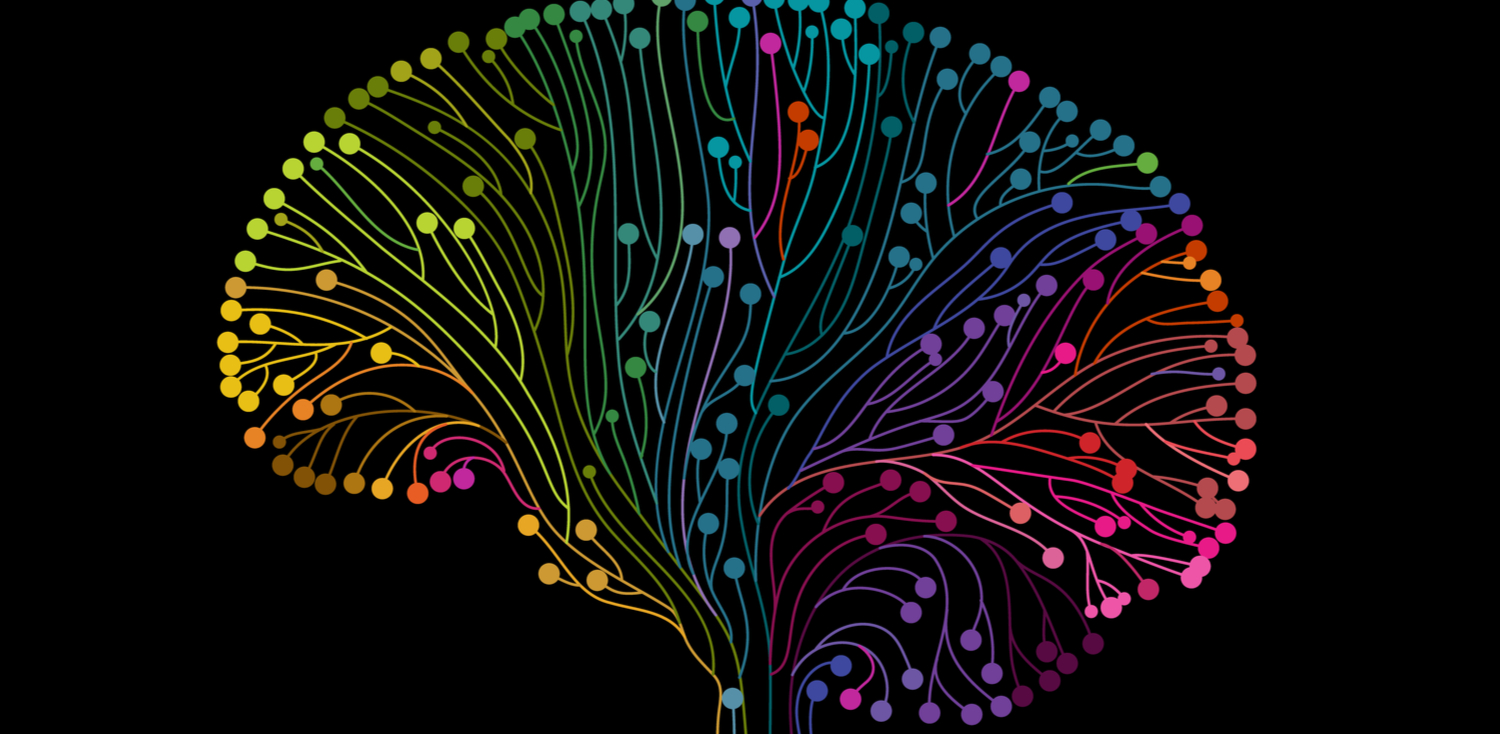
I have put a lot of time and effort into being a better person over the last couple of years. That might make me sound cold and heartless, but the truth was, I wasn’t being very kind. Both to myself and to others. I was holding onto feelings and grudges for the sake of needing to feel justified with my anger. Part of the transition was sparked because I had gotten out of a bad, long-term relationship. Once I was able to get out of the fog, I realized that I didn’t have to live the way I was living. It then became clear to me that I wasn’t being the “nice” person that I could be.
Don’t get me wrong – I wasn’t outwardly mean, but I wasn’t being nice either. You’re probably wondering where I’m going with this. Kindness is often associated with being weak. Which is something I didn’t want to be perceived as. I wanted the world to see that I was a strong woman. Think about this from a professional perspective, though. Being nice at work doesn’t get you anywhere, right? Or at least that’s what I thought. What I was not understanding is that being nice (more commonly known as having emotional intelligence) could actually result in a higher salary in my current job. But understanding what that is, or how to achieve it, is something else.

What is Emotional Intelligence?
I used to work for an organization who always said – we can teach people skills, but we can’t teach a person how to have a better personality. And this was their hiring practice. They would look for people who had good personalities and make a determination based on that. Meaning, if you had a good personality, but you didn’t understand the technical aspects of the job, you could still do the job. But if you had the technical skills, but didn’t have a great personality, you couldn’t do the job. I always disagreed with this, for a couple of reasons. But one reason is that you actually can change your personality, in the same way, that you can be taught how to be an engineer.
Getting back to what I was saying about my personal life. I knew that I wasn’t giving off a nice vibe. I’ve always been told that I come across as cold an intimidating. I am not trying to be, but I am direct in my communication. So, I thought, is there a way to change this perception? The answer is yes, but how it is achieved is not always easy. Let’s first start with what is emotional intelligence? Daniel Goleman, a science writer for the New York Times, began to study emotional intelligence, and he developed a four-part definition of the term. Goleman argued that emotional intelligence was comprised of four characteristics:
- Self awareness
- Self management
- Social awareness
- Social skills

What Does This Mean?
The interesting part about Goleman’s research is that he believes that emotional intelligence is actually more important than cognitive intelligence. Obviously, this is something that is hard for people to wrap their brains around, so this got people talking.
If I go back to my earlier example about my previous employer, this is kind of what they believe. But their belief is also that emotional intelligence can’t be taught, but Goleman is saying that it can. His research also indicates that if you have higher levels of emotional intelligence, you can earn an average of $29,000 more per year, than those with less emotional intelligence.
Lastly, research has shown that emotional intelligence is the single strongest predictor of job performance overall. Your success depends more on how you feel than what you know. Which might not be good in my position, as I was hired specifically as a specialist. The basis for my job is understanding technical specifications.
In the next part of this series, I am going to explore those four areas that Goleman suggests make up emotional intelligence. This is definitely one that you’re going to want to check out. Especially if you think it could land you a raise.

[…] post Having Emotional Intelligence Can Help You at Work (Part 1) appeared first on Saintel […]